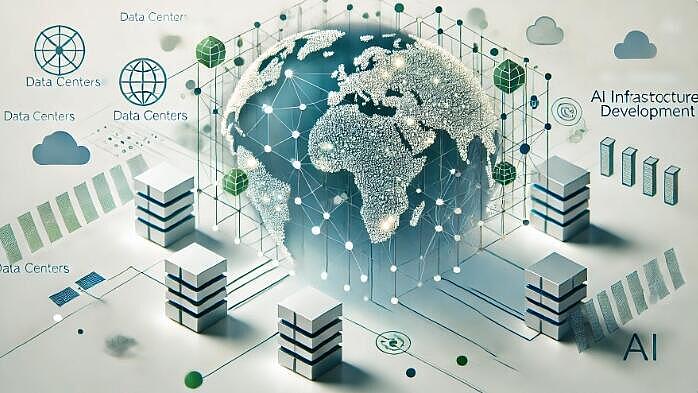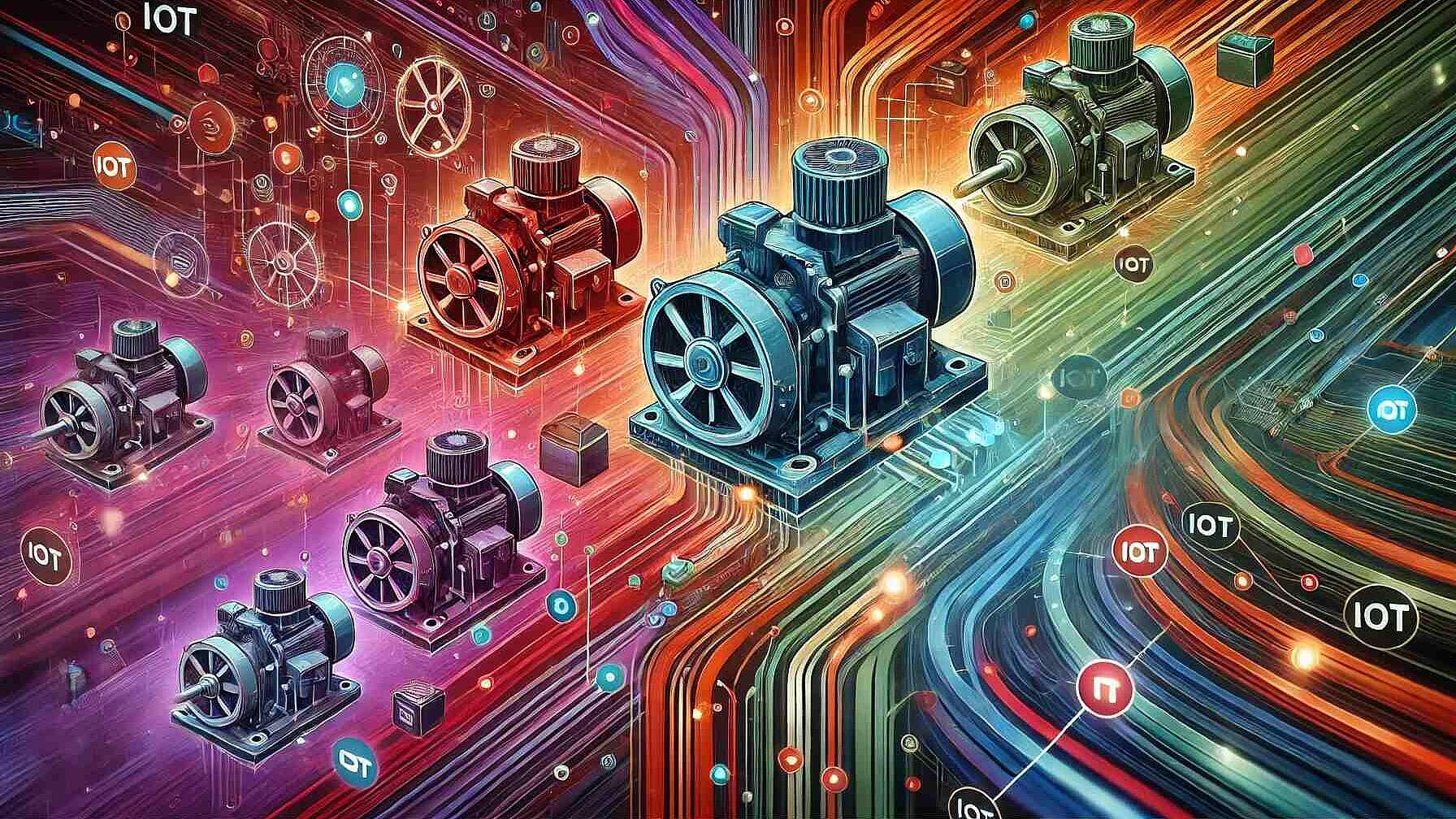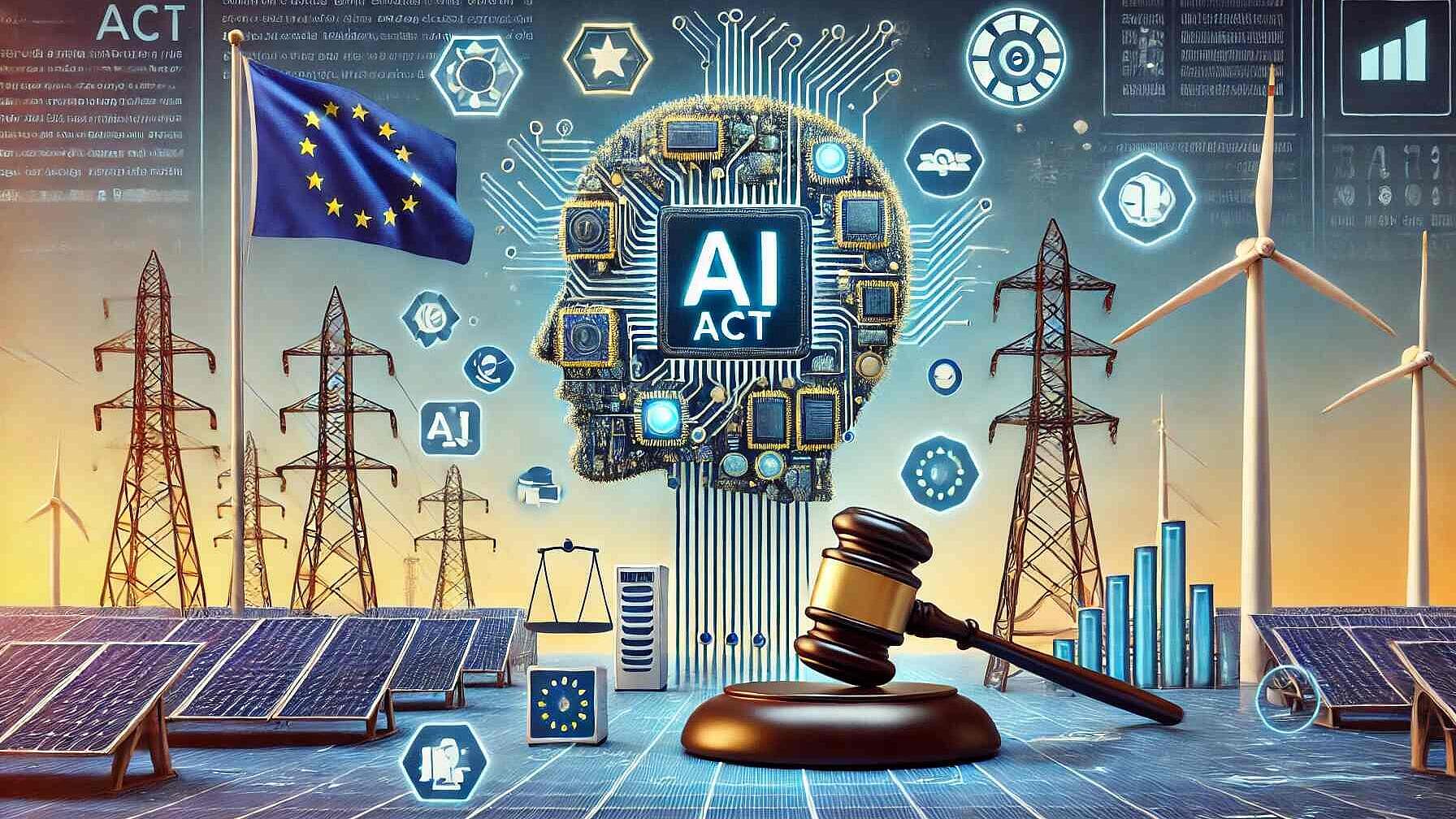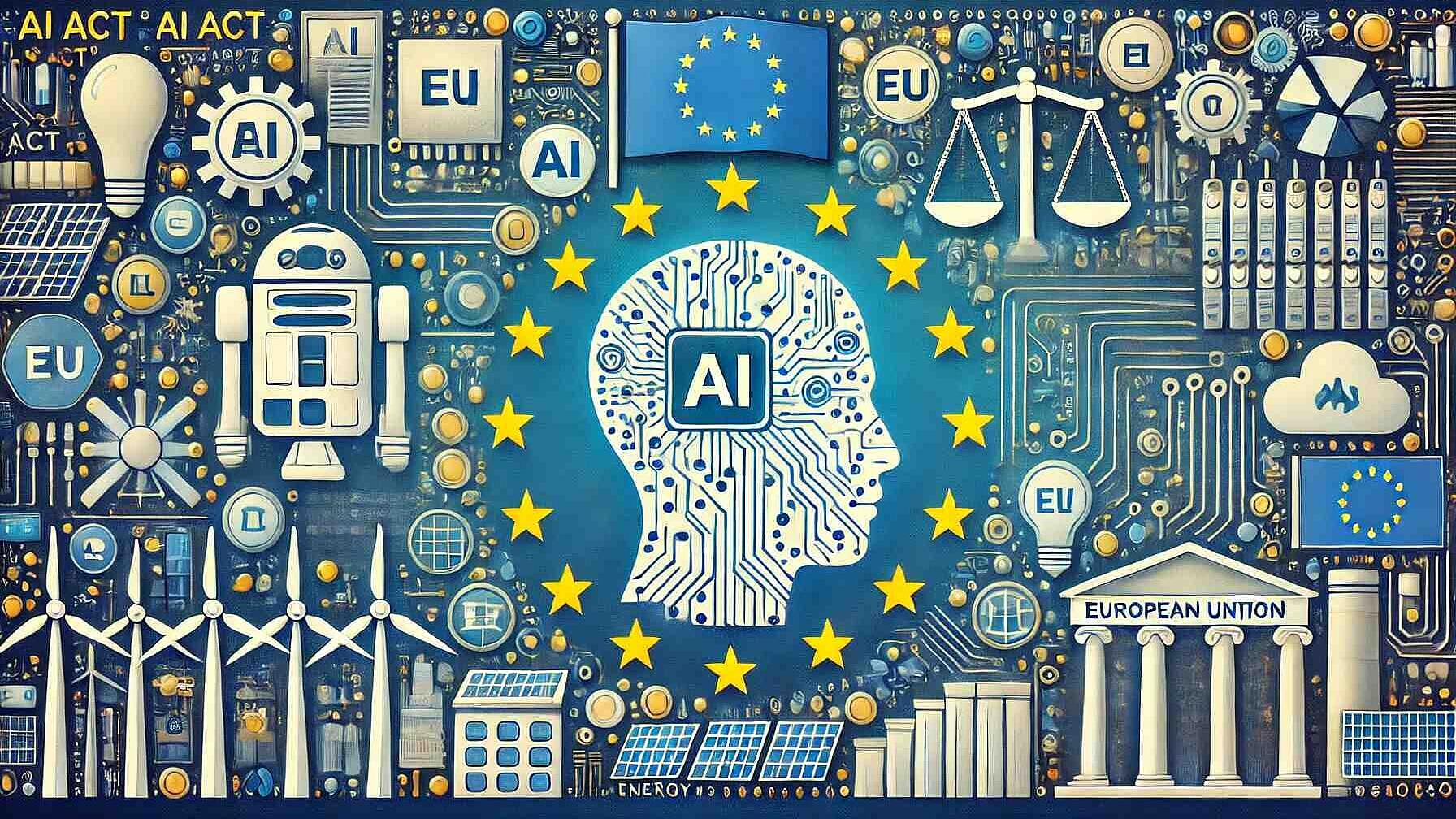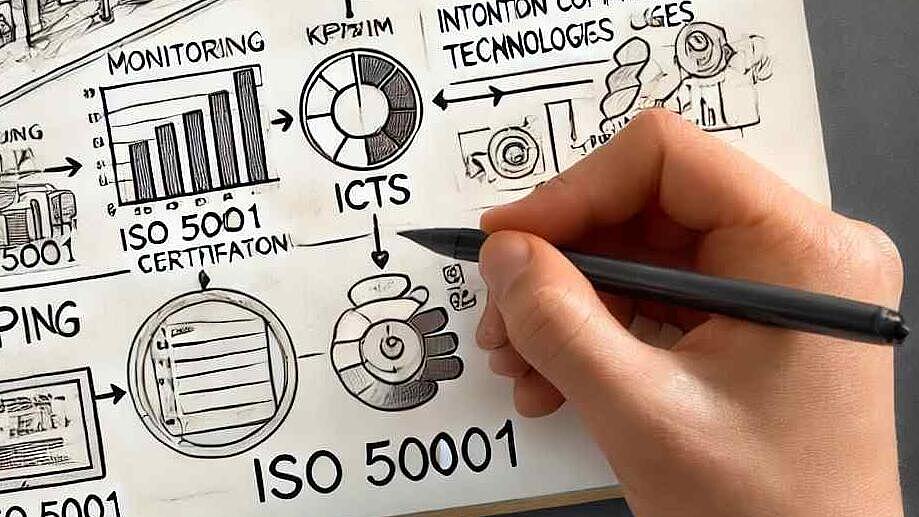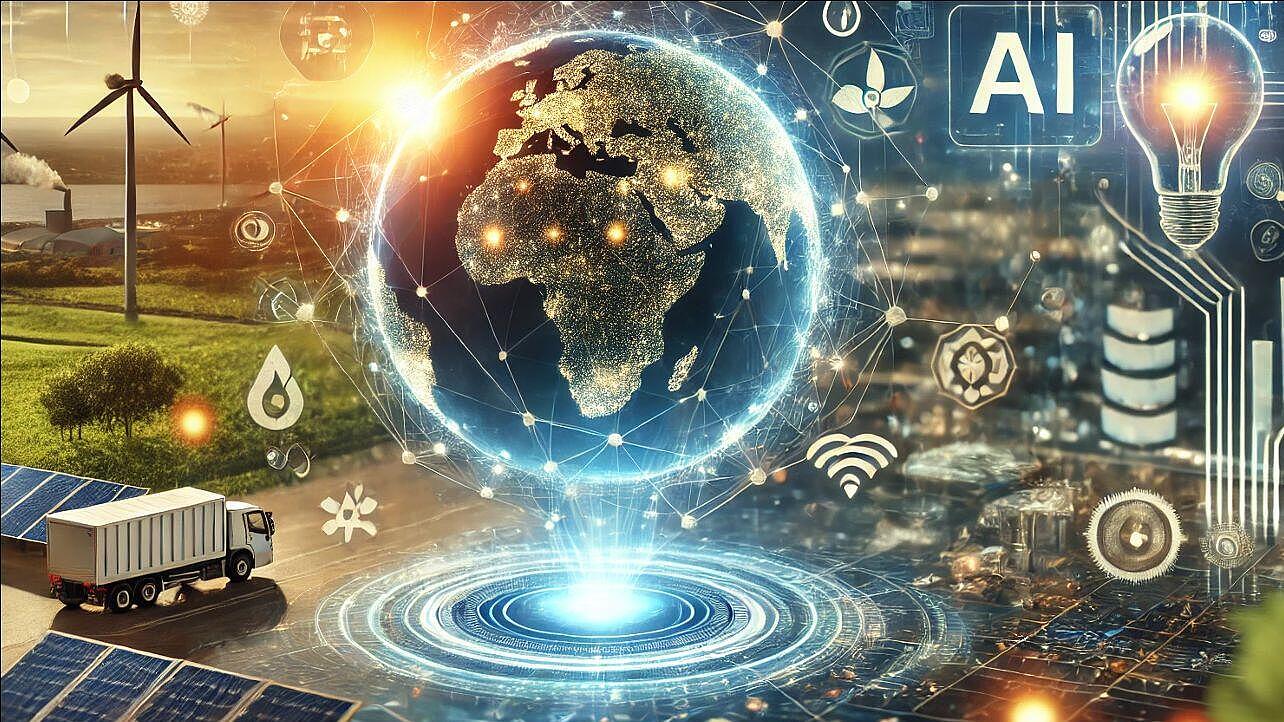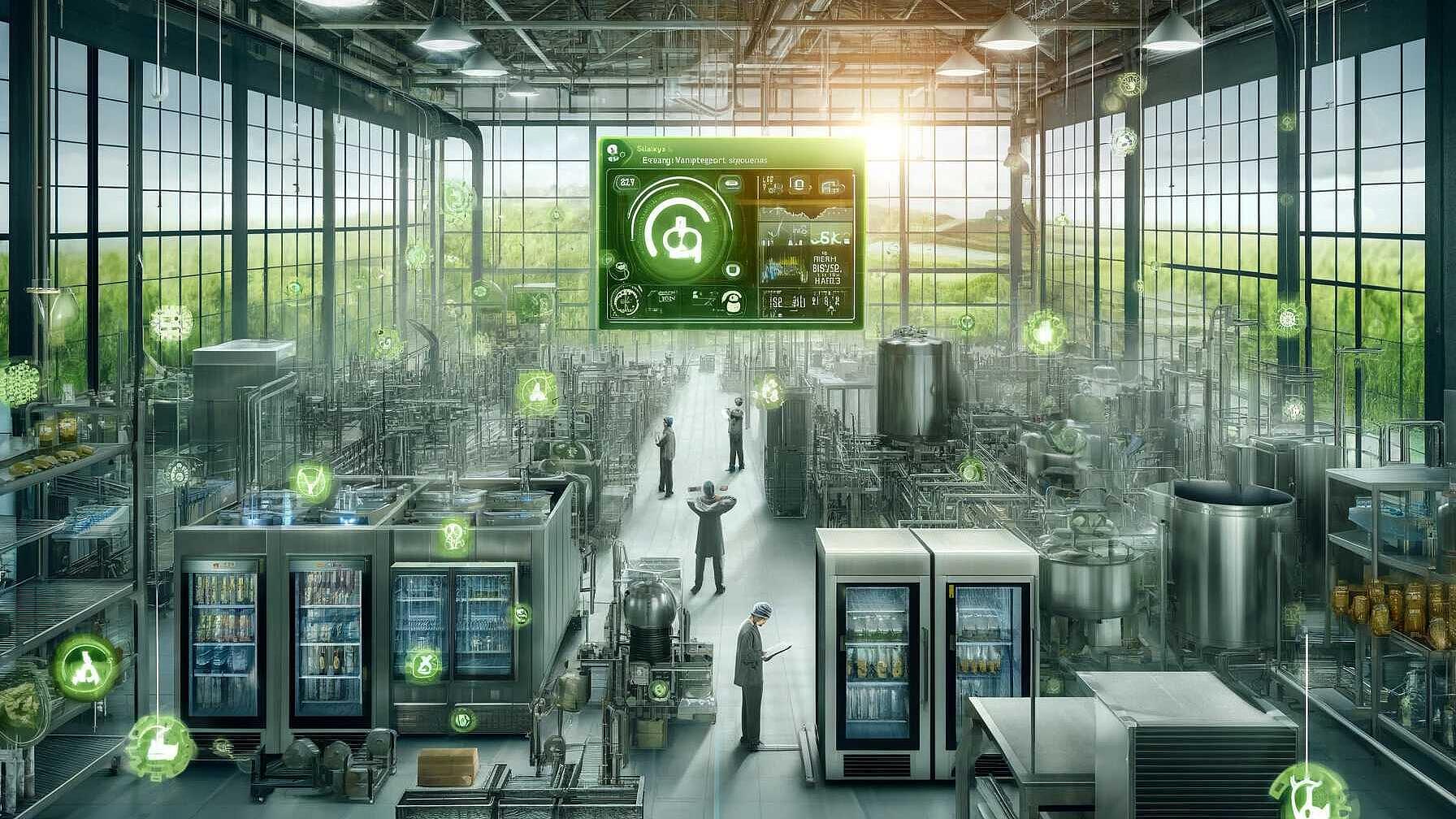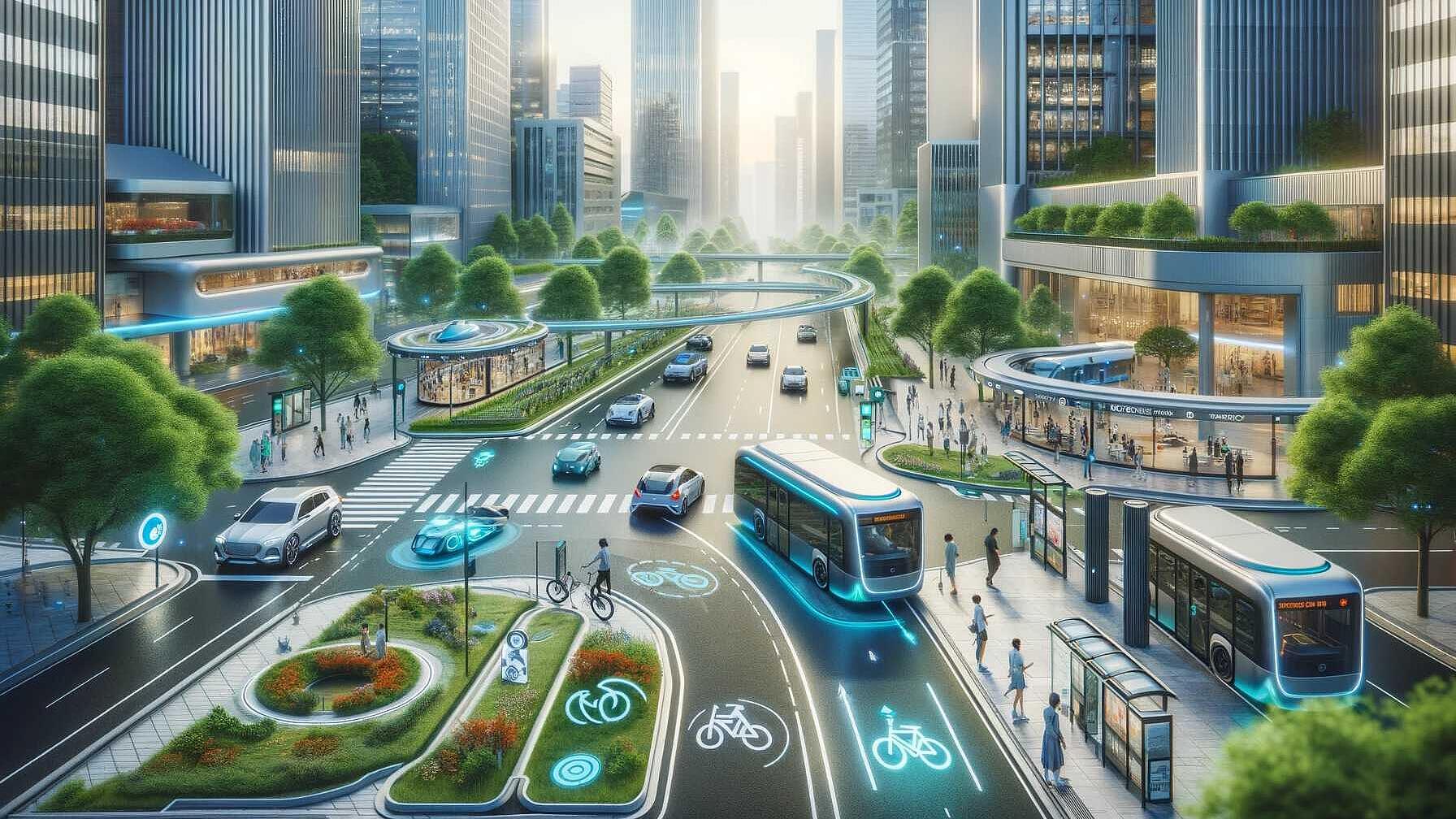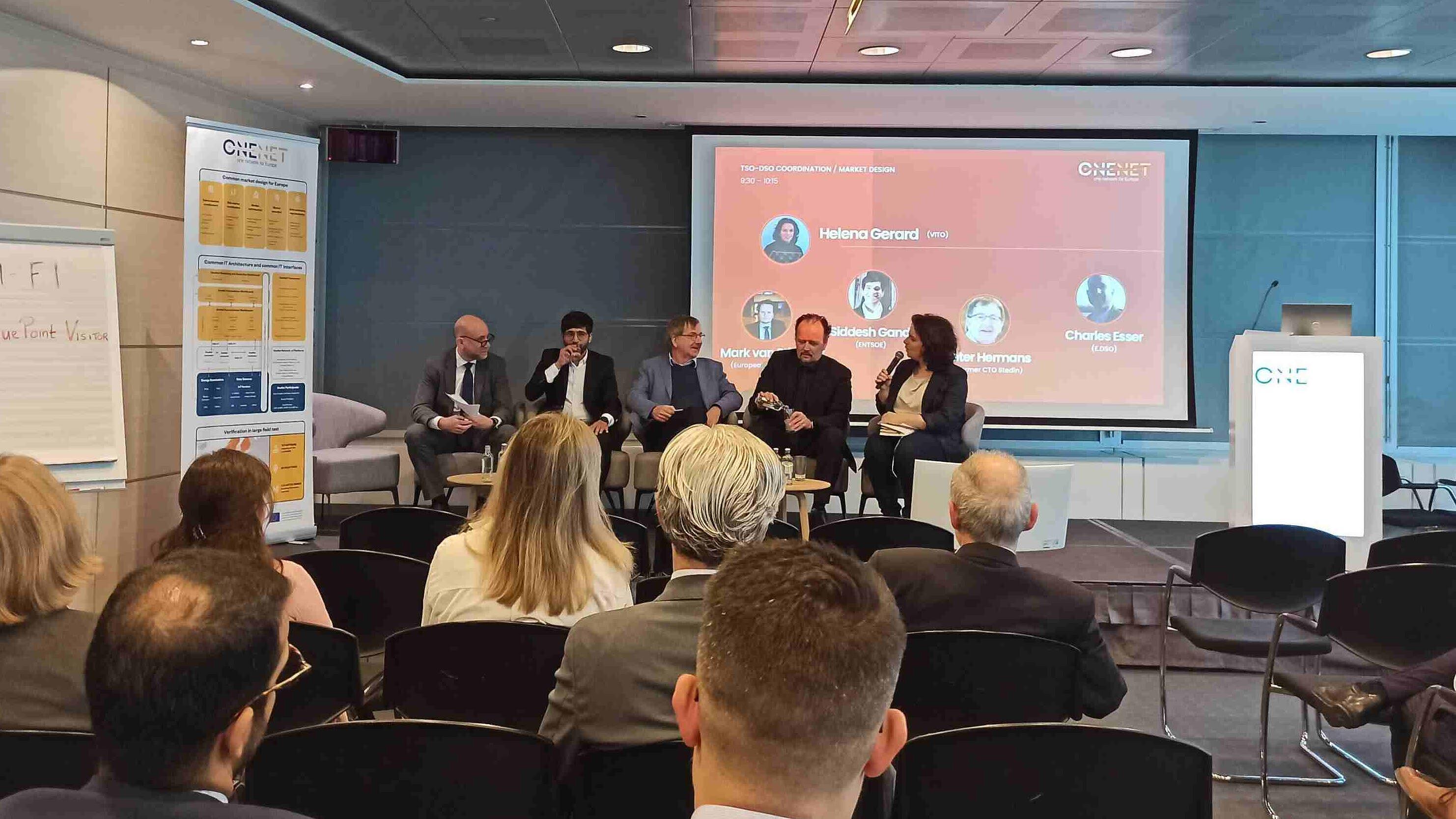 Digitalisation
DigitalisationDigitalisation
The Strategic Landscape of AI Infrastructure Financing: Microsoft, BlackRock, and Global Initiatives
The article discusses the escalating demand for artificial intelligence (AI) infrastructure driven by the technology's rapidly growing applications across industries. This surge in demand manifests in the increased need for massive computing resources and energy, prompting significant investments in building supportive infrastructures. The Global AI Infrastructure Investment Partnership (GAIIP) stands out, comprising a collaboration between Microsoft, BlackRock, Global Infrastructure Partners (GIP), MGX, and Nvidia to invest up to $30 billion in AI data centers, with the potential to expand to $100 billion through additional debt financing. This initiative aims to scale AI infrastructure primarily in the United States with provisions for global expansion. Other initiatives include Google's $75 million AI Opportunity Fund intended to improve AI infrastructure and India's $1.3 billion IndiaAI Mission aimed at developing AI capabilities with over 10,000 GPUs and support for AI startups. The European Union is also investing in AI infrastructure through the European AI Alliance, focusing on building infrastructures that comply with ethical and privacy standards. The challenge of ensuring environmental sustainability is significant given the large energy consumption of AI technologies. Initiatives, therefore, are incorporating investments in renewable energy sources. Emphasizing the beyond-single-entity scale of energy needs, industry leaders advocate for public-private collaborations to address both financial and environmental aspects of building AI infrastructure. Lastly, the article highlights the importance of global cooperation in building AI infrastructure, noting that robust infrastructure is key to supporting AI technology advancements and upholding environmental responsibility. Countries with strong AI infrastructure are likely to become leaders in the next phase of technological development, but this also raises questions of national security and economic competitiveness in the global landscape.
Read Full articleDigital Solutions for Energy Efficiency in Industry
The 4E TCP report demonstrates how digital solutions in industrial motor systems enhance energy efficiency, with case studies showing benefits like reduced electricity consumption, improved operational flexibility, and lower maintenance costs. Advanced control systems, real-time data monitoring, and IoT technologies lead to significant energy and CO2 savings across various sectors, despite initial investment and implementation challenges.
Read Full articleTop 10 EU Initiatives for Digitalizing the Energy System: Transforming Europe’s Energy Landscape
The European Union is advancing the digitalization of its energy infrastructure through 10 key initiatives that address data interoperability, grid management, cybersecurity, energy efficiency, and consumer empowerment to support its 2030 and 2050 climate goals. These initiatives aim to create an integrated, sustainable energy system that incorporates renewable energy and encourages innovation, while grappling with standardization and fast-paced digital innovation challenges.
Read Full articleThe AI Act: Shaping Europe's Digital Future and Transforming the Energy Sector
The EU's AI Act introduces a risk-based AI regulation system, banning high-risk practices and enforcing strict requirements for market placement. It includes obligations for both in-EU and foreign entities affecting EU citizens and establishes a governance framework for consistent application, promoting ethical and trustworthy AI development through detailed standards and best practice codes. Significant penalties ensure compliance, while tailored provisions support SME innovation, all impacting broad sectors, including energy, where AI-driven efficiencies require adherence to these new regulations.
Read Full articleThe Future of AI: Navigating the AI Act and its impact on energy transition
The EU's AI Act introduces a risk-based framework for AI, mandating requirements for high-risk systems and enforcing compliance. It addresses AI's potential in energy optimization, while emphasizing fundamental rights, safety, and a human-centric approach, with the IEA highlighting AI's role in achieving sustainability goals.
Read Full articleEnergy Efficiency in Food Manufacturing: Sustainable Growth Through Smart Technologies
The paper discusses the critical role of energy efficiency in food production, emphasizing the need for food manufacturers to adopt energy management practices to remain competitive and sustainable. It outlines the benefits of benchmarking and KPIs, the adoption of frameworks like ISO 50001, and the utilization of advanced monitoring, control systems, and ICT for improved energy performance. It also addresses barriers to implementation and strategies for overcoming these challenges.
Read Full articleEEIP Leads the Way in Transparent and Responsible AI Use
EEIP's AI policy emphasizes transparency, ethical behavior, and data protection, aligning with EU guidelines to foster trust and drive responsible AI in the energy sector for sustainable, innovative solutions like CircularPSP and DMaaST, within regulatory compliance.
Read Full articleEnergy Insights: The Secret Sauce for the Food and Beverage Industry
The paper outlines how food and beverage companies can use Energy Management Systems to cut costs, increase efficiency, and promote sustainability by using real-time data and predictive maintenance, bolstered by IoT and smart sensor technology.
Read Full articleRevolutionizing Transit: Europe's Top Smart Mobility Solutions
Europe advances smart mobility, driven by sustainability and urbanization challenges. EU policies promote electric and autonomous transport, integrating innovations like IoT, MaaS, and AI. Case studies from Barcelona, Stockholm, and Amsterdam highlight smart solutions reshaping urban travel, setting global benchmarks.
Read Full articleTRANSFORMATIVE EFFORTS IN RESHAPING EUROPE'S ELECTRICAL LANDSCAPE: INSIGHTS FROM THE ONENET PROJECT FINAL EVENT
The OneNet Project Final Event marked the culmination of efforts to reshape Europe's electricity system. Key topics included TSO-DSO coordination, market design, consumer engagement, and leveraging data for grid operations. The initiative aligns with EU interoperability objectives and promotes a sustainable, unified market.
Read Full article